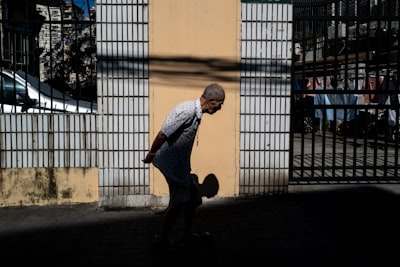Summary
During a White House meeting with several African leaders, President Donald Trump notably praised the English-speaking abilities of Liberia’s President, Joseph Boakai, seemingly unaware that English is Liberia’s official language. Trump’s remarks came as Boakai spoke in clear English and advocated for increased U.S. investment in his country. The event featured praise for Trump’s foreign policy from the visiting African leaders, and a stated intention from Trump to shift U.S. engagement in Africa from traditional aid to trade-based partnerships.
Analysis
Trump’s comments reveal both a gap in knowledge regarding Liberia’s historical ties to the United States and a broader tendency within American political discourse to view African nations through a monolithic or uninformed lens. Liberia’s history is deeply entwined with the U.S.; founded as a colony for formerly enslaved Black Americans in the 19th century, its official language is English, a fact that should be familiar at the highest levels of government diplomacy.
The scene also highlights ingrained power dynamics and subtle biases. By expressing surprise at Boakai’s English, Trump inadvertently perpetuates a stereotype about African nations as linguistically or educationally deficient, overlooking complex colonial histories and legacies of Western influence. This moment, juxtaposed with Trump’s push to recalibrate U.S.-Africa relations from “aid to trade,” frames economic interactions as transactional, with African leaders politely affirming U.S. leadership even as they ask for more equitable partnerships.
From a geopolitical perspective, the encounter reflects the ongoing competition between the West (notably the U.S.) and China for influence on the African continent. The mention that "otherwise, other countries might come instead of you" is a clear invitation – and warning – to U.S. policymakers not to neglect Africa’s economic potential.
Discussion
This episode matters because it touches on several core issues: the depth (or lack thereof) of American understanding of global history, the optics of diplomatic interactions, and the evolving nature of international engagement. The awkwardness of Trump’s question brings to mind past instances of Western leaders displaying limited knowledge about African cultures, languages, or politics. It raises questions about the preparedness and sensitivity of top officials navigating global affairs.
Yet, beyond the gaffe, the larger policy question looms: How serious is the U.S. about real partnership with Africa? "Shifting from aid to trade" sounds promising, but it’s been a decades-old refrain that often masks asymmetries in economic power and opportunity. African leaders’ calls for investment highlight their awareness of global competition and their desire to be seen as equal partners, not passive recipients.
The juxtaposition of diplomatic missteps with policy declarations also speaks to a broader trend of performative engagement versus substantive change. While polite praise and diplomatic language abound, the actual outcomes of such meetings often fall short of their rhetoric.
Ultimately, the episode underscores the importance of cultural literacy, historical awareness, and authentic engagement in international relations. As global dynamics shift, both the symbolic and substantive dimensions of meetings like these—right down to the language in which they're conducted—matter more than ever.

Comments
No comments yet. Be the first to comment!